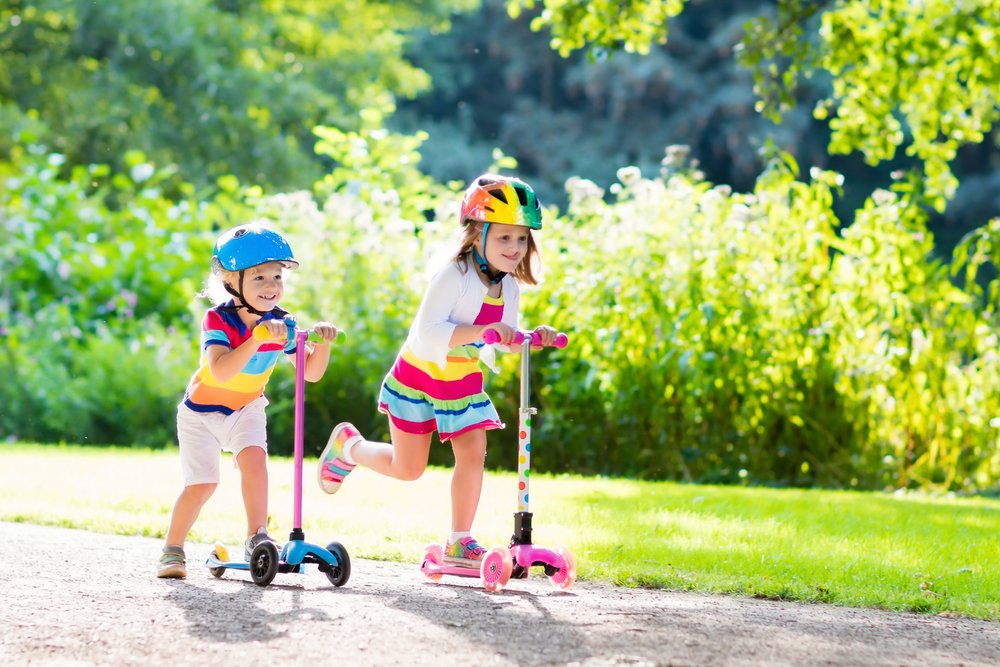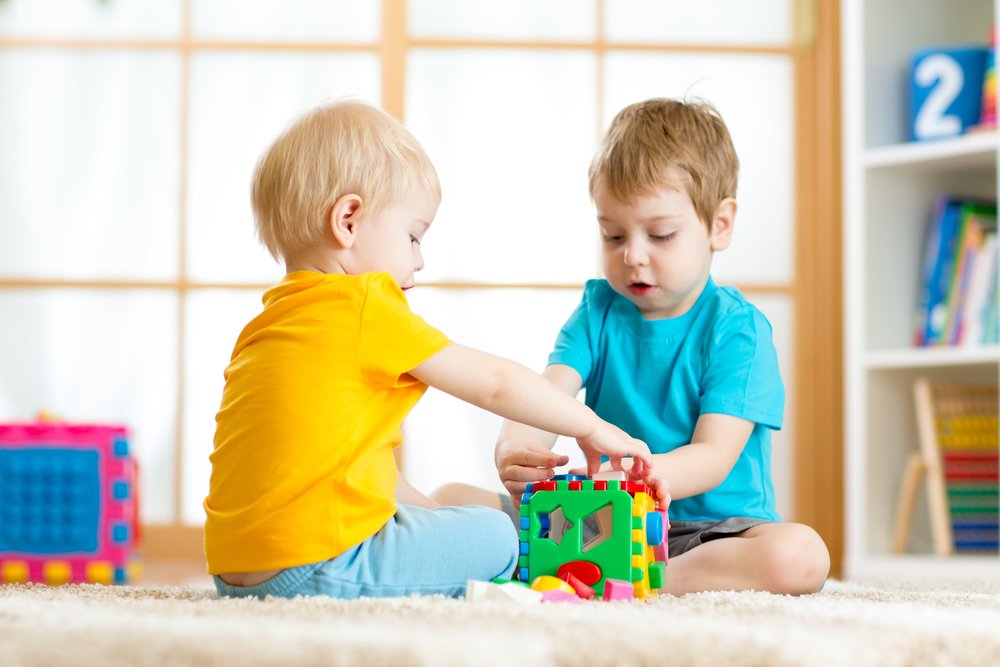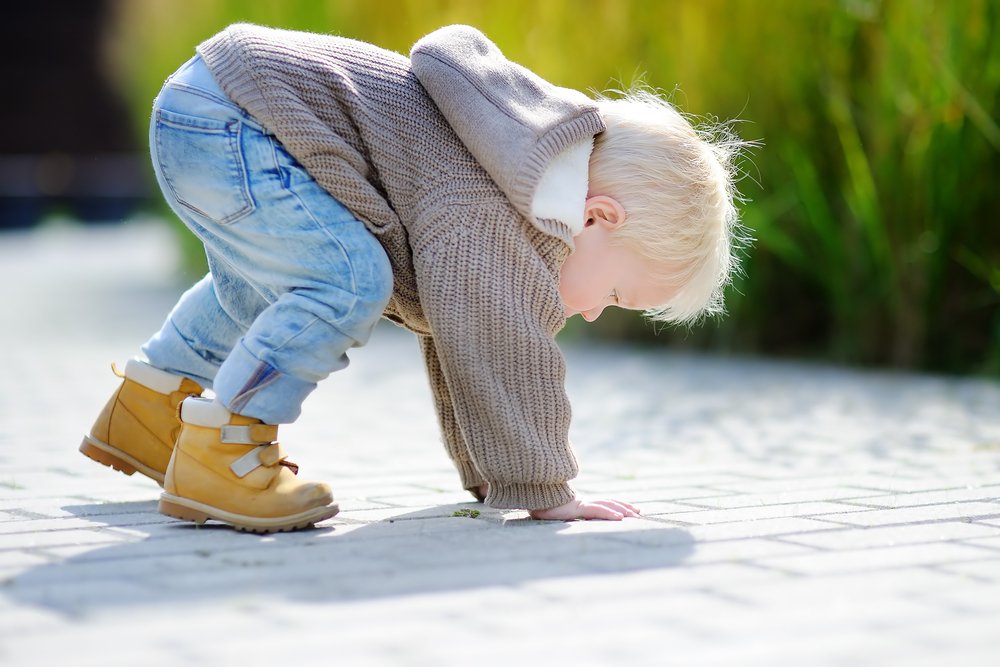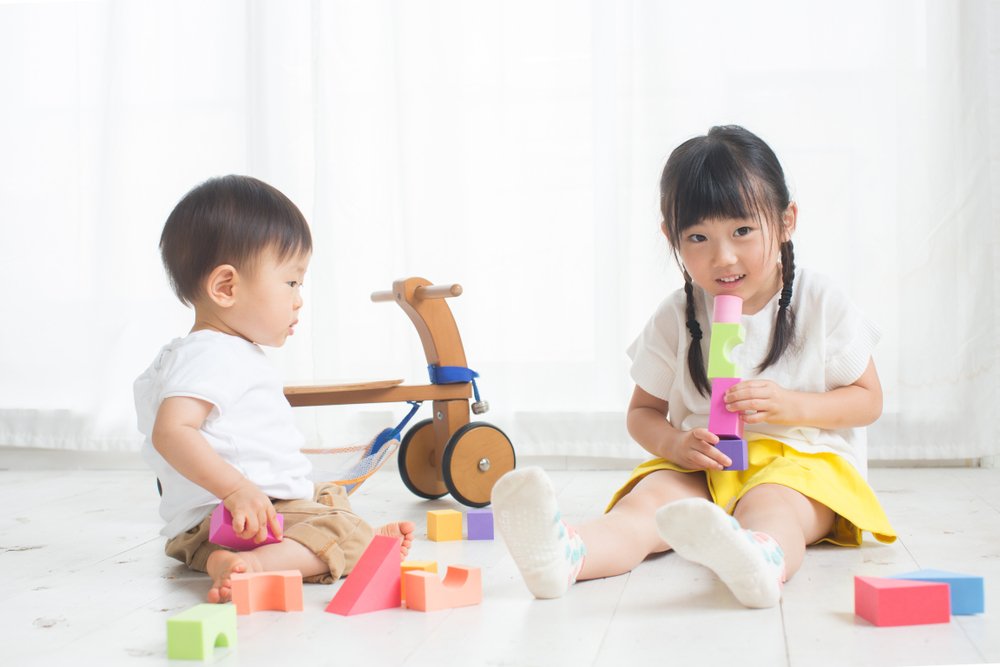
Writing and drawing: What can my little one do at each stage?
Key points: 1. Writing and drawing skills develop gradually, starting with random scribbling around 16 months. 2. Controlled scribbling and repetition of lines…
Discover the key milestones of physical, cognitive, linguistic and socio-affective child development and understand the science behind child development.
Discover the key milestones of physical, cognitive, linguistic and socio-affective child development and understand the science behind child development.

Key points: 1. Writing and drawing skills develop gradually, starting with random scribbling around 16 months. 2. Controlled scribbling and repetition of lines…

Key points: 1. Play is essential for a child’s development, fostering exploration, learning, creativity, and social interaction. 2. When playing with your child,…

Key points: 1. Theory of mind is the ability to understand that others have their own thoughts, beliefs, and desires. 2. Younger children…

Key points: 1. Collaboration involves working together to achieve a common goal and requires advanced cognitive and social skills. 2. Children’s ability to…

Key points: 1. Supportive relationships with parents or caregivers are crucial for promoting resilience in children. 2. Resilience involves a positive response to…

Key points: 1. Literacy involves more than just reading; it includes writing, learning, comprehension, and spelling. 2. Early literacy development starts with listening…

Key points: 1. Routines foster self-control by providing children with a sense of security and predictability. 2. They promote positive behavior and teach…

Key points: 1. Mindfulness practices improve behavior and focus, benefiting children’s language development. 2. Belly breathing helps children calm down and develop proper…

Key points: Analogical reasoning is an advanced skill essential for human thinking. Children develop analogical reasoning through knowledge and executive function skills. Executive…

Key points: 1. Self-regulation is vital for healthy relationships and involves managing emotions, cooperating, handling frustration, and resolving conflicts. 2. Children develop self-regulation…

Key points: 1. Prioritize quality family time to build better habits and accomplish goals together. 2. Encourage better sleep routines and relaxation for…

Key points: 1. Early education can foster fairness in children, leading them to treat others fairly even at personal cost. 2. The Abecedarian…

Key points: Parents are often overloaded during the winter holidays and it’s important to set reasonable expectations and prioritize what’s important. Working together…

Key points: Reading winter-themed books with touch and feel elements is a great way to expose 1-2 year olds to the season. Activities…

Key points: Emotional and social development is just as important as physical, linguistic, and cognitive development for children’s overall well-being and success in…

Key points: Recent studies highlight the importance of children’s right to be heard in matters that affect them. Children are experts in their…

Key points: Babies begin to develop cause-and-effect thinking around seven months, when they learn that they can intentionally affect their surroundings. Spatial relationship…

Key points: Children build their self-esteem through experiences and nurturing their confidence. A is for Appreciation – pay attention to your child’s interests…

Key points: Nature walks are a fun way to get children to practice mindfulness and observe their surroundings, and can be turned into…

Key points: Adversity and stress in early childhood can have physical and chemical implications in the brain, damaging learning capacity and putting children…

Key points: MIT’s research supports the idea that back-and-forth conversation with parents helps foster children’s communication skills and brain response to language. A…